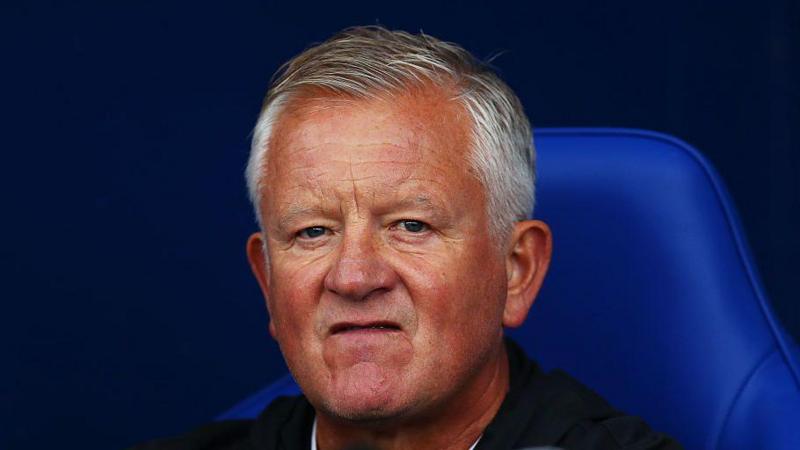Sheff Utd's Wilder Vows to Fight Potential Touchline Ban



The beautiful game often sees its fair share of high emotions and heated moments, both on and off the pitch. This was precisely the case during the recent clash between Sheffield United and Southampton, where the Blades' boss, Chris Wilder, found himself at the center of controversy. At the heat of halftime, amidst a galvanizing match, Wilder was shown the red card, leading to a significant stir around Bramall Lane.
The incident unfolded as the teams headed into the break. With the scoreboard marked at 1-1, tension was already sky-high. Reports suggest that Wilder, known for his fiery passion and dedication to his team, reacted to a contentious decision that didn't go his way. It's this reaction that led to the referee reaching for the red, sending Wilder off for the remainder of the game. Sheffield United ultimately conceded another goal in the second half, losing the match 2-1 to Southampton, which only added fuel to the fiery situation.
Post-match, during the press conference, Wilder was resolute and unapologetic about the intensity he brings to the sideline. "Football is a game of emotions, and sometimes those emotions run high. My job is to stand up for my team, and I’ll continue to do just that," explained Wilder. His fierce dedication to his club is evident, as he also announced his intentions to appeal the touchline ban. This appeal will be crucial for Wilder, as a ban would mean having to direct his team from the stands, a situation every hands-on manager like Wilder dreads.
Wilder's potential absence from the touchline is something that could have potential implications for Sheffield United. His leadership and guidance are seen as instrumental from the sideline. His animated directions and engagements during the game play a critical part in the team's on-field strategies and morale. The prospect of navigating upcoming games without his pitch-side commands could present an additional challenge for a team that's already facing the pressure of a tight competitive league.
Moreover, this is not the first time Wilder has been in the spotlight for his touchline demeanor. His managerial career, though marked by significant accomplishments including taking Sheffield United from League One to the Premier League, has also been punctuated by moments of impassioned outbursts. This incident may be viewed in a broader context of how match officials and football authorities handle situations involving managerial conduct. It raises questions about the consistency of officiating and the nature of the sanctions imposed, which are often seen as either too harsh or too lenient depending on the figure involved.
The appeal process itself will be something to watch closely. It involves submitting a formal appeal to the Football Association, which will then review the incident, often involving video replay and testimonies from involved parties. The outcome could set a precedent and potentially influence how similar cases are handled in the future.
For Sheffield United fans and followers of English football alike, how this scenario unfolds could be a defining moment in the season. It brings to light the broader issue of the pressures and responsibilities of football managers—who must continuously balance their emotional responses with the expectations of conduct set by football's governing bodies.
As the appeal progresses, all eyes will be on the decision of the Football Association and how it might influence both Wilder's future and the broader relationship between football managers and the regulatory frameworks they operate within. Meanwhile, Chris Wilder remains firm, ready to defend his conduct, uphold his responsibilities, and fight for what he believes is right for his team. It’s this resolve that perhaps not only defines Wilder’s ethos but also the enduring, passionate spirit of football.